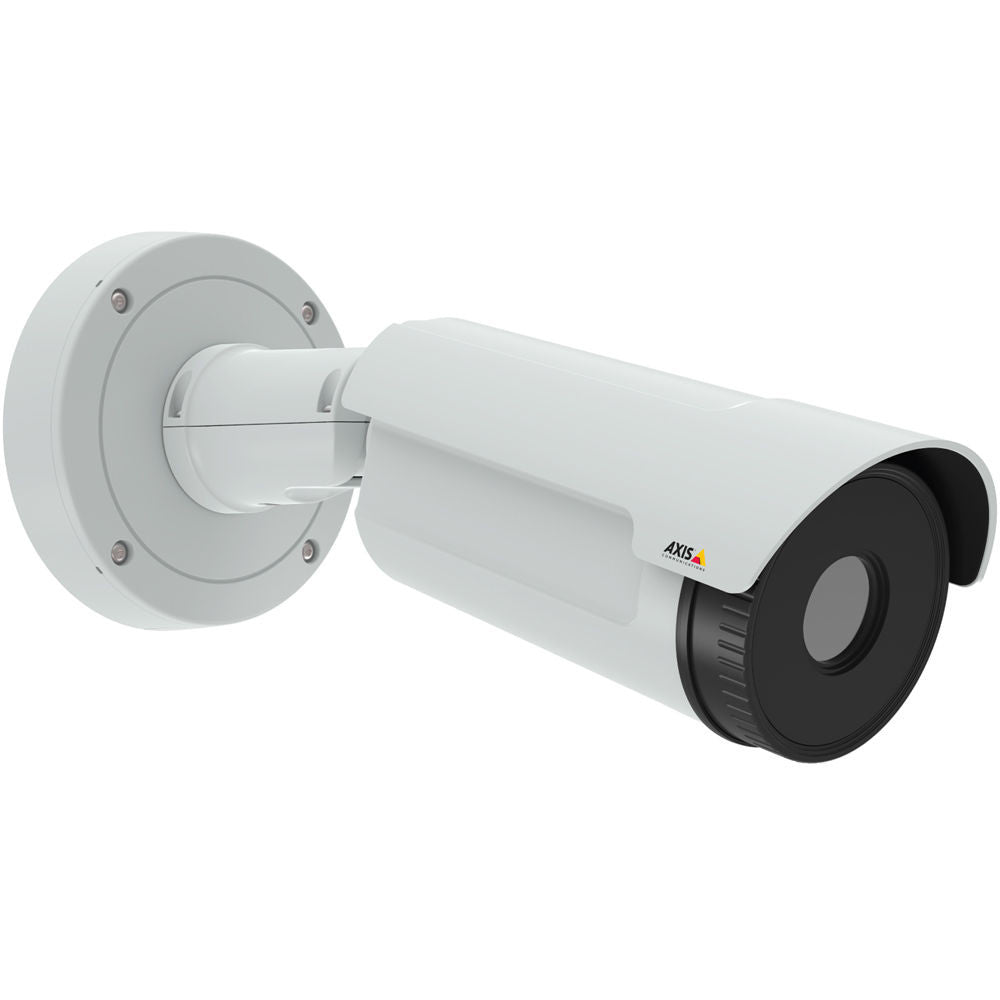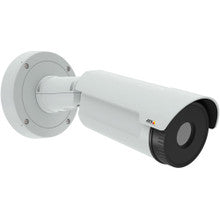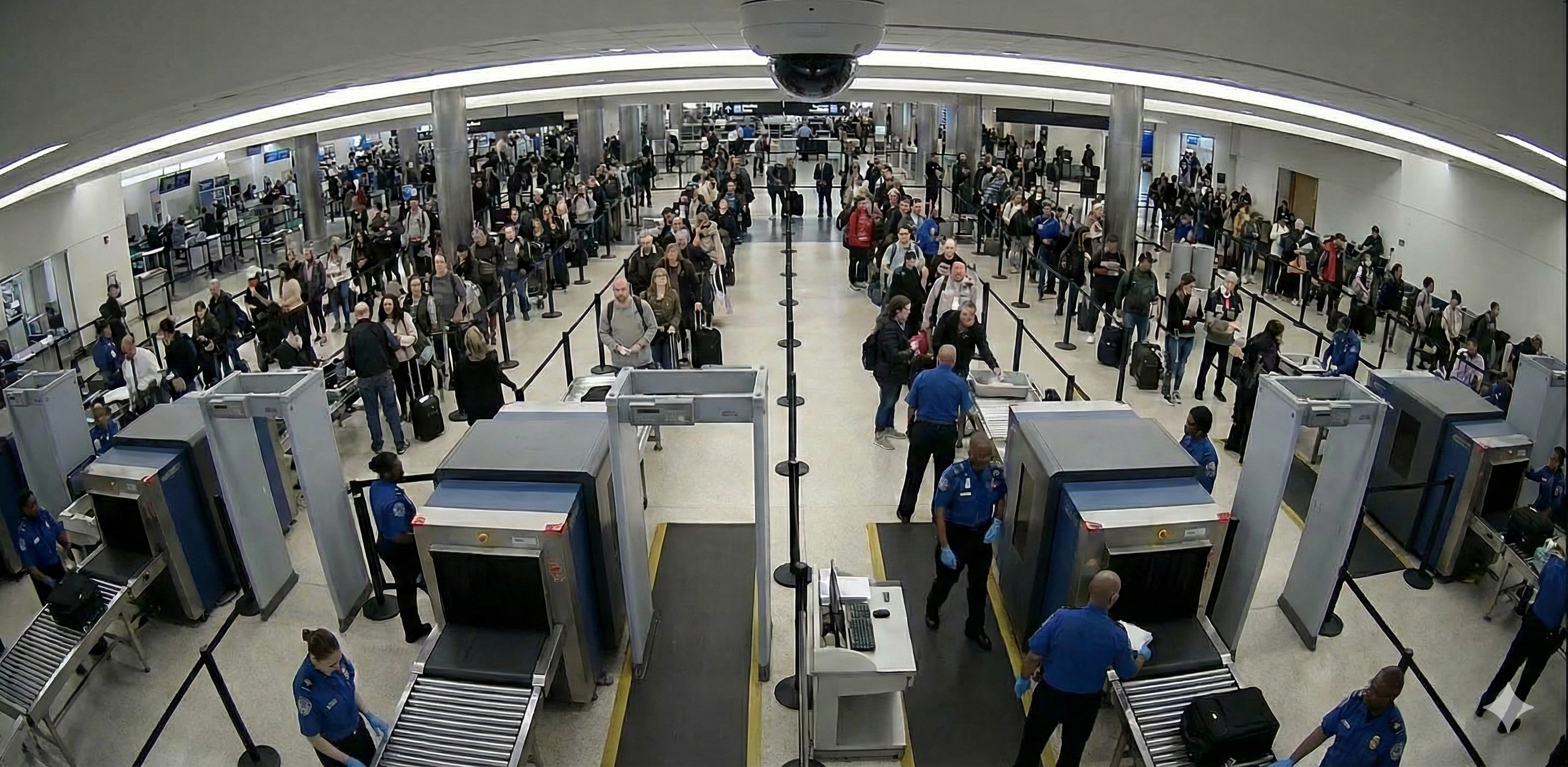

AXIS
AXIS Q1942-E (0920-001) 35mm 30fps Thermal Network Camera
Replaced by: AXIS Q1952-E 35mm 30 fps (02162-001)
Choose options
Replaced by: AXIS Q1952-E 35mm 30 fps (02162-001)
Replaced by: AXIS Q1952-E 35mm 30 fps (02162-001)
AXIS Q1942-E (0920-001) Features
- Comes with 35mm Lens providing 30fps
- Powerful performance for video analytics via ACAP applications
- Outstanding image contrast gives reliable detection and fast verification
- Easy and quick to install outdoors
- 640x480 thermal detection
- Electronic Image Stabilization
- Axis Zipstream technology
AXIS Q1942-E Overview
AXIS Q1942-E is an affordable outdoor, bullet style, thermal camera with a built-in window heater for harsh weather conditions. A resolution of 640x480 and a range of lens alternatives (10 mm, 19 mm, 35 mm and 60 mm) make it possible to optimize detection performance to meet most requirements. It supports Electronic Image Stabilization that keeps the video smooth during vibrations, and Axis Zipstream that lowers bandwidth and storage requirements. Thanks to its powerful processor, AXIS Q1942-E has high capacity for running video analytics via AXIS Camera Application Platform (ACAP) and can use a range of third party applications. AXIS Q1942-E lets you accurately detect, promptly verify, and then act upon events of all kinds in conditions ranging from pitch darkness to glaring sunlight. It is perfect for surveillance in critical circumstances. AXIS Q1942-E’s powerful processor lets you add the strength of the market’s widest selection of video analytics solutions to your surveillance solution. For example, video analytics applications from Axis and our partners support swift and appropriate response to detected events by analyzing them, automatically dismissing non-threatening ones and instantly notifying security staff of potentially critical situations. Your staff can then view sharp, detailed footage to determine the precise nature of the threat – and act accordingly. AXIS Q1942-E features VGA 640x480 thermal resolution for wide-area coverage and a long range: in other words, a single camera captures events taking place in a large area and at great distance. In addition, thanks to a combination of dynamic histogram equalization, enhanced local contrast and dynamic sharpening, AXIS Q1942-E improves image contrast for sharp video with great detail in all conditions. And Electronic image stabilization keeps the picture smooth even when the camera is exposed to vibrations. The result is outstanding detection capabilities and fast and easy visual verification of the nature of detected events. You can either dismiss them – or do something about them – so false alarms are kept to a minimum. Thermal cameras are a powerful tool in combination with video analytics to detect intruders or other unwanted behavior in the area of interest. In order to have a reliable and efficient surveillance system, the primary object needs to be visible. Sometimes it can be hard to filter it out if the background changes a lot, for example if large cold/hot objects are moving in the scene. Thanks to the enhanced automatic gain control in AXIS Q1942-E, the background is stable and remains almost intact, reducing the risk for false alarms. The effect of hot objects in the background is minimized, helping to improve detection. In addition, AXIS Q1942-E preserves more image details and compensates those areas that might be overexposed. Overall, the thermal camera offers better detection to achieve great performance of the video analytics. AXIS Q1942-E is equipped with Axis’ Zipstream technology, which reduces storage and bandwidth requirements, while capturing important details in full image quality. It does this by compressing less significant areas more than areas of interest. In other words, areas devoid of people or movement are compressed more. This can be particularly relevant to applications where thermal cameras are likely to be used, since these are often applications in areas where access is highly restricted.




